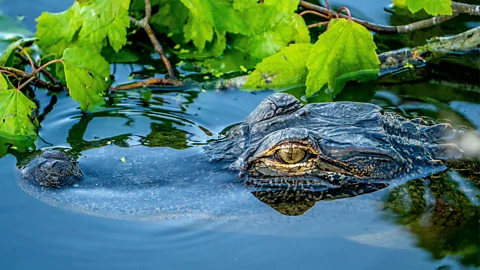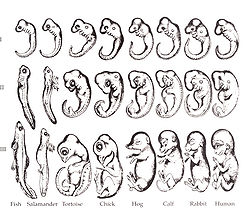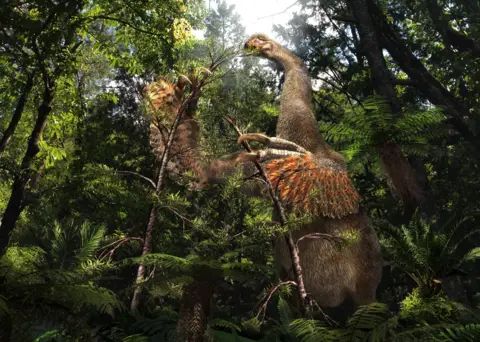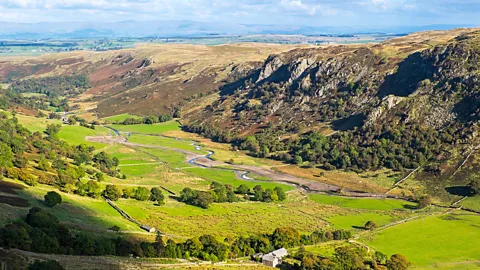Does the Bible Contradict Science About Mustard Seed?

Skeptics, critics and evolutionists say the Bible contradicts science in Jesus’ parable of the mustard seed, where he says “a mustard seed . . . is the smallest of all seeds sown upon the earth” (Mark 4:31; Matthew 13:31,32). Does the Bible contradict science about the mustard seed? Let’s examine Jesus parable in Mark 4:31,32 in detail, using the Bible Hub Study Bible, which is quoted in italics. The scriptures are in bold type.
“It is like a mustard seed
The mustard seed is often used in biblical texts to symbolize small beginnings that lead to significant outcomes. In the context of Jesus’ parables, it represents the Kingdom of God starting from humble origins and growing into something vast and influential. The mustard plant, common in the region of Palestine, was known for its rapid growth and large size compared to its tiny seed. This imagery would have been familiar to Jesus’ audience, who understood agriculture and the potential of seeds.
 Many alligators live in the Florida Everglades.
All living things are claimed to have originally developed from non-living matter, and then gradually and continually undergo Darwinian evolution over millions of years of time.
“By around 8 million years ago, the modern alligator species began to emerge. These creatures were smaller and more adapted to their swampy habitats.” (Evolution of Modern Alligators). This is the standard teaching of mainstream science today. But what are the actual facts?
“The fossil record does support the evolution of reptiles, although it may not provide a complete and unbroken chain of transitional fossils for all reptile lineages.”—AI search
The Bible reports that, “God created the great creatures of the sea and every living thing with which the water teems and that moved about in it, according to their kinds, and every winged bird according to its kind, and God saw that it was good” (
Many alligators live in the Florida Everglades.
All living things are claimed to have originally developed from non-living matter, and then gradually and continually undergo Darwinian evolution over millions of years of time.
“By around 8 million years ago, the modern alligator species began to emerge. These creatures were smaller and more adapted to their swampy habitats.” (Evolution of Modern Alligators). This is the standard teaching of mainstream science today. But what are the actual facts?
“The fossil record does support the evolution of reptiles, although it may not provide a complete and unbroken chain of transitional fossils for all reptile lineages.”—AI search
The Bible reports that, “God created the great creatures of the sea and every living thing with which the water teems and that moved about in it, according to their kinds, and every winged bird according to its kind, and God saw that it was good” (


